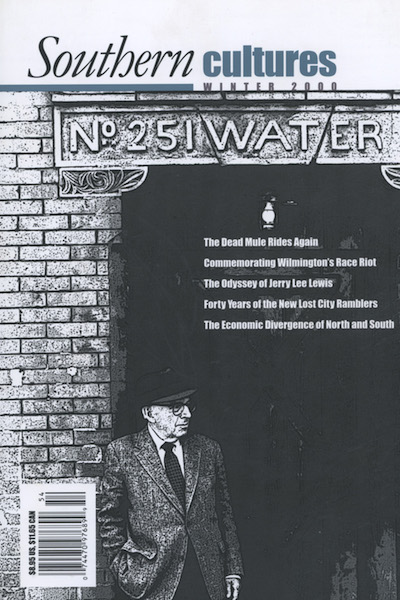I sorely do love her, I thought said.
Actually, he said he loved her surely,
but Southerners mix words up sometimes
and I have often taken them at face value.
So as this Southern man was talking about
the Southern woman he would marry,
it seemed to me grownups tangled their feelings
unnecessarily, and especially love. And,
since we were in Goldsboro and it was 1969,
I thought the confusion had to do with race—
with whether integration would work, even
if we called it segregation (he didn’t
believe it would). Or maybe she didn’t love him at all
but was afraid to die by herself and
he was as good as the men who wouldn’t come along:
surely this could work. That word again.
On the face of it, we know things and we know
even that we don’t. We don’t seem to do well with
the rest—whatever it is that trips
chaos into talk-and-listen, makes us mix up things.
Or, if race doesn’t really explain, then
how do we explain these feelings we have about race?
I was asking the man how he thought our town would do
sending different children to the same schools.
He was in love, he protested, and he just wanted
the South to stay as it was for now,
not get into tangling things.

Bounty Everlasting: Poetry from 25 Years of Southern Cultures
This poem is featured in Bounty Everlasting. Read all 25 for free.
Forrest Hamer is a Goldsboro native, and the author of three poetry collections, Call & Response (Alice James), Middle Ear (Roundhouse), and Rift (Four Way Books).


